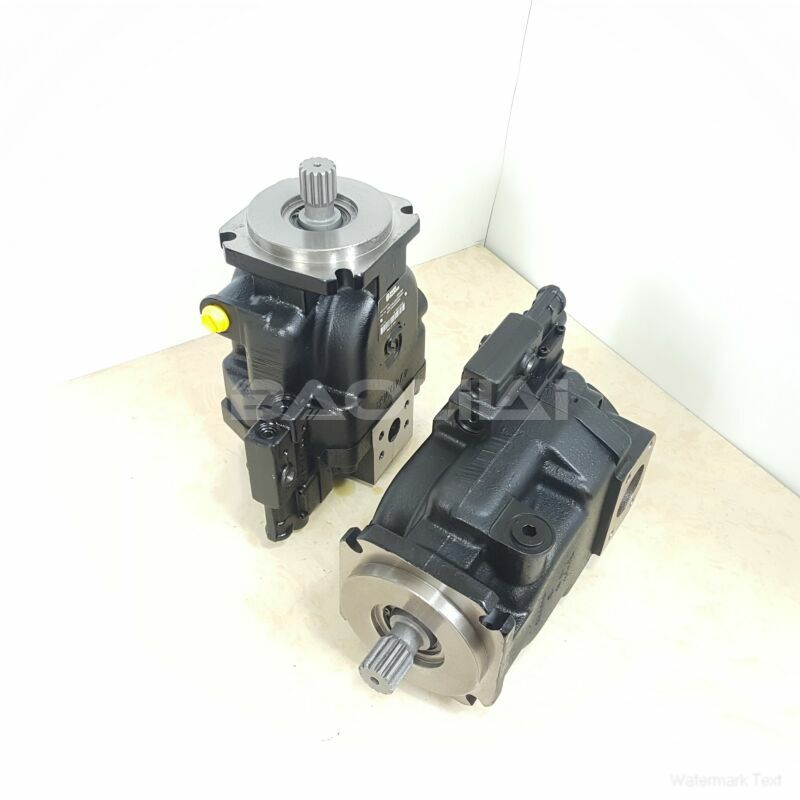FRL090CLS1720NNN3S1N4A1NNNNNNNNNN high pressure pump
FRL090CLS1720NNN3S1N4A1NNNNNNNNNN high pressure pump

- Product Details
- Applicable Scene
As the demand for data processing and storage continues to surge, data centers are facing unprecedented challenges in managing heat generation and energy consumption. Traditional cooling methods are increasingly becoming inadequate, prompting a need for innovative solutions. Hydraulics, renowned for its efficiency and reliability, is poised to play a key role in the evolution of data center cooling. In this context, Danfoss, a leader in engineering solutions, is at the forefront of these innovations, offering cutting-edge hydraulic technologies designed for modern data centers.
FR-L-090C-LS-17-20-NN-N-3-S1N4-A1N-NNN-NNN-NNN
FRL090CLS1720NNN3S1N4A1NNNNNNNNNN
Hydraulic systems have long been recognized for their ability to transfer energy efficiently. By leveraging fluid dynamics, these systems can remove heat from equipment more effectively than conventional air-based cooling methods. Danfoss has developed advanced hydraulic cooling systems that not only provide superior heat removal but also significantly reduce energy consumption. This creates a dual benefit: increased operational efficiency and a smaller carbon footprint, which is crucial given the push for sustainability in the tech industry.

83015326
One of the standout innovations from Danfoss is its use of adaptive hydraulic solutions. These systems are designed to respond in real-time to the fluctuating cooling demands of various data center operations. By utilizing sensors and smart technology, Danfoss hydraulic systems can adjust flow rates dynamically, ensuring that cooling is provided where it’s needed most. This level of precision not only optimizes energy use but also prolongs the life of data center equipment by preventing overheating.
Furthermore, Danfoss is pioneering the use of modular hydraulic cooling units. These modules can be easily integrated into existing infrastructure, allowing data centers to upgrade their cooling capabilities without undergoing massive renovations. The flexibility of modular systems enables operators to scale their cooling resources in response to the growing demands of digital services, thereby ensuring that they remain competitive in an increasingly data-driven world.





